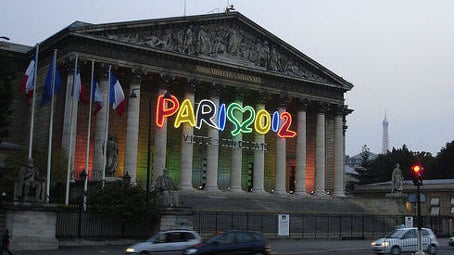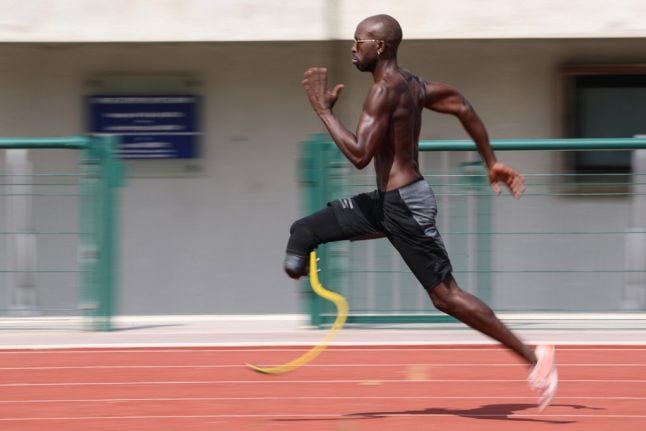The 20-strong group, which including the country’s sports minister, visited London on Monday to examine the legacy of the 2012 Olympics in order to learn a few lessons as the French gear up to make an official Olympic bid.
The visit comes as Paris authorities weigh up whether to make an official bid to host the 2024 Olympics, which would mark a century since the French capital last hosted the sporting bonanza.
“We are here to see what is the legacy of the Olympic Games,” said French Sports Minister Valérie Fourneyron on a visit to the Olympic Park, which hosted most of the events in the 2012 Games.
When asked whether Paris would make a bid to host the Games, Fourneyron refused to commit, saying only: “We won’t be a candidate just for the sake of it. We would build a project for France and the legacy can be built in the run-up to making a bid.”
Sporting authorities still have painful memories of losing out to London to host the 2012 Games and will only bid again if they feel they will definitely win.
The main reason why Paris lost out to London in 2012 was because the UK capital promised a stronger Olympic legacy for the local population, which would eventually transform east London.
Part of London's Olympic village was transformed into housing, the old media centre is being turned into a future theatre and the stadium is being converted into a football stadium for West Ham United.
Around 400 to 500 people currently work on the site which could rise to around 4,500 to 5,000. It is expected to take London ten years to fully convert the Olympic Park
By that point Parisians may well be preparing to host their own Games. But do they really want to bid again?
A poll for sports newspaper L’Équipe published in the light of the delegation’s visit to London suggested the answer is yes, but only just.
Of those polled, 51.9 percent are in favour and 48.1 percent against putting forward a bid. Around 55 percent of respondents believe “hosting the Olympic Games is a luxury that France cannot afford”.
Momentum gathered at the end of 2013, when François Hollande met Thomas Bach, head of the IOC, who is believed to be favourable to a Paris bid.
There is a still a long way to go however before anything becomes concrete. The deadline for bids is not until 2015, but if Paris is serious about bringing the Olympic Rings to the City of Light then we should know by the end of the year.





 Please whitelist us to continue reading.
Please whitelist us to continue reading.
Member comments